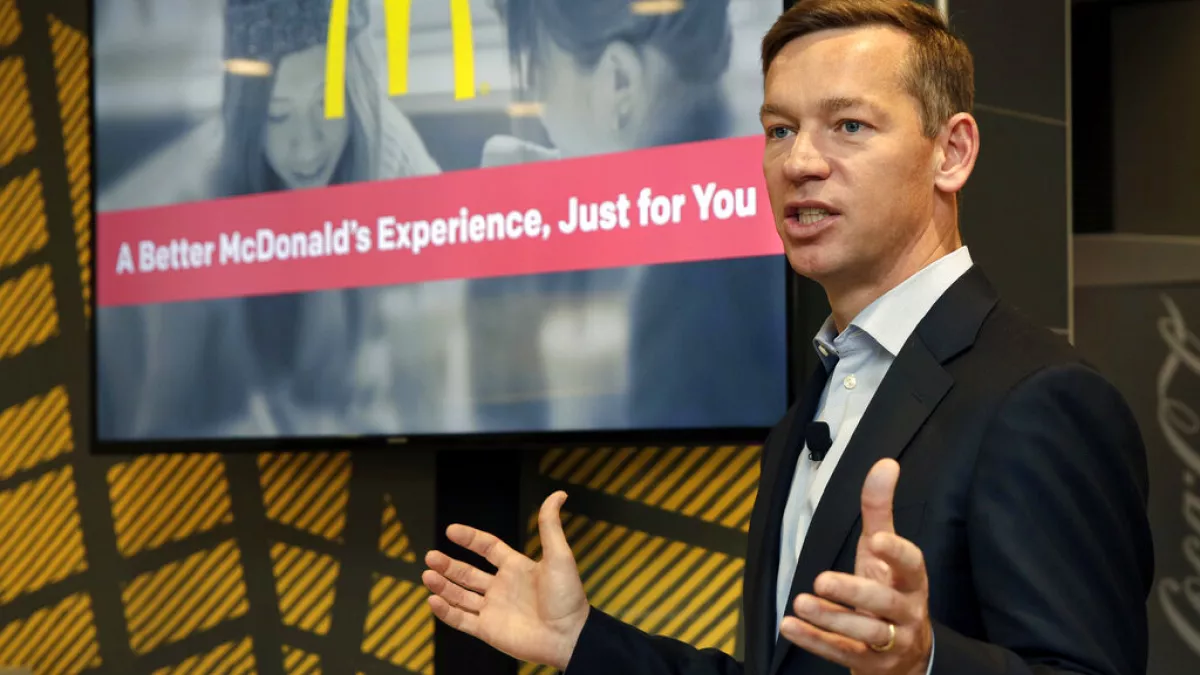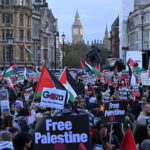Amid the ongoing conflict between Israel and Hamas, McDonald’s has joined Starbucks in addressing the challenges it faces in the Middle East due to what they say are misconceptions and boycotts. McDonald’s CEO, Chris Kempczinski, recently posted a letter on LinkedIn acknowledging a “meaningful business impact” across several markets in the region.
While Kempczinski did not provide specific details about the negative impact on sales, he expressed disappointment at the influence of the war and associated “misinformation” on McDonald’s business. He emphasized that such sentiments are “disheartening and ill-founded.”
One incident that garnered attention was a McDonald’s operator in Israel offering discounts to soldiers, security forces, and others following an assault by Hamas militants on October 7. Many McDonald’s operators in the region distanced themselves from the actions of the Israeli franchise, emphasizing the independence of each franchise under the McDonald’s franchise model.
The franchise model of McDonald’s allows independently owned and operated restaurants to make decisions autonomously from the company. This independence extends to setting wages, prices, and making statements or donations at their discretion. While this model has contributed to McDonald’s global success with over 40,000 locations worldwide, it also means the corporation cannot dictate how each operator responds in times of crisis.
Kempczinski highlighted that McDonald’s, in every country where it operates, is represented by local owner-operators who contribute to their communities by providing employment opportunities for thousands of citizens. The challenge arises when customers may not be aware of the distinction between local franchise actions and the official stance of the McDonald’s corporation.
Franchise groups in Kuwait, Pakistan, and other countries clarified that they did not share ownership with the Israeli franchise and some noted making financial donations to aid those in Gaza. This underscores the complexity of navigating public perception and the potential impact on the brand due to the actions of individual franchise operators. Israeli-owned Mcdonald’s has supported the IDF with free meals, while its counterpart in Malaysia has reportedly bullied Pro-Palestinian protestors.
It is worth noting that McDonald’s is expected to report earnings later this month, which might provide more insights into the specific challenges mentioned by Kempczinski.
This situation parallels a similar experience faced by Starbucks in December 2023, where protests erupted globally over the Israel-Hamas conflict. Starbucks CEO, Laxman Narasimhan, addressed the protests, citing misrepresentation on social media influencing protestors and leading to incidents of vandalism at some stores. Starbucks, like McDonald’s, emphasized the importance of working with local authorities to ensure the safety of partners and customers.
As these international brands navigate challenges arising from geopolitical conflicts, the issue of franchise autonomy and the potential impact on brand perception remains at the forefront of their considerations. The fast-food corporations themselves have failed to denounce the actions of Israeli forces in Gaza, who have been accused of committing genocide.
As of January 3rd, 2024, The Boycott, Divestment, Sanctions (BDS) movement have made a call to boycott McDonalds.



